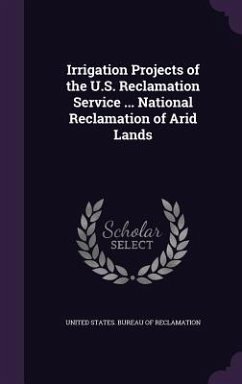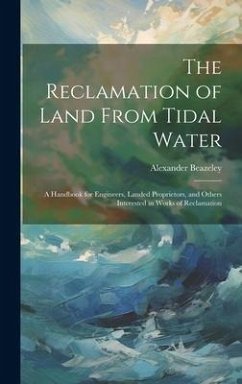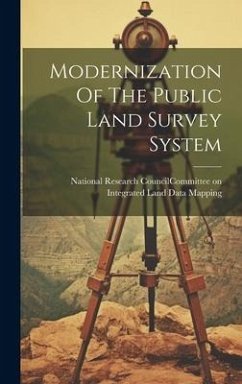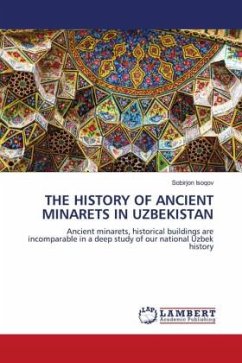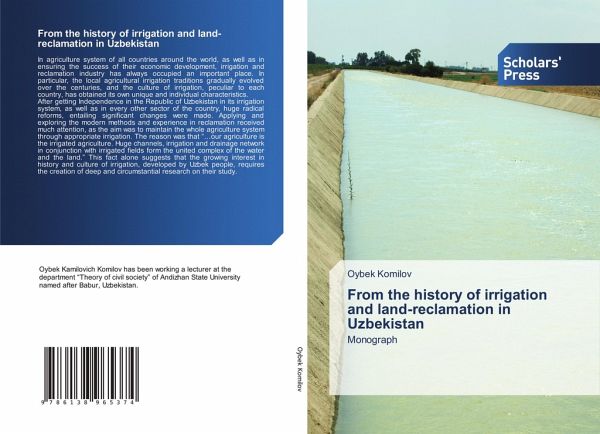
From the history of irrigation and land-reclamation in Uzbekistan
Monograph
Versandkostenfrei!
Versandfertig in 6-10 Tagen
40,99 €
inkl. MwSt.

PAYBACK Punkte
20 °P sammeln!
In agriculture system of all countries around the world, as well as in ensuring the success of their economic development, irrigation and reclamation industry has always occupied an important place. In particular, the local agricultural irrigation traditions gradually evolved over the centuries, and the culture of irrigation, peculiar to each country, has obtained its own unique and individual characteristics.After getting Independence in the Republic of Uzbekistan in its irrigation system, as well as in every other sector of the country, huge radical reforms, entailing significant changes wer...
In agriculture system of all countries around the world, as well as in ensuring the success of their economic development, irrigation and reclamation industry has always occupied an important place. In particular, the local agricultural irrigation traditions gradually evolved over the centuries, and the culture of irrigation, peculiar to each country, has obtained its own unique and individual characteristics.After getting Independence in the Republic of Uzbekistan in its irrigation system, as well as in every other sector of the country, huge radical reforms, entailing significant changes were made. Applying and exploring the modern methods and experience in reclamation received much attention, as the aim was to maintain the whole agriculture system through appropriate irrigation. The reason was that "...our agriculture is the irrigated agriculture. Huge channels, irrigation and drainage network in conjunction with irrigated fields form the united complex of the water and the land." This fact alone suggests that the growing interest in history and culture of irrigation, developed by Uzbek people, requires the creation of deep and circumstantial research on their study.



